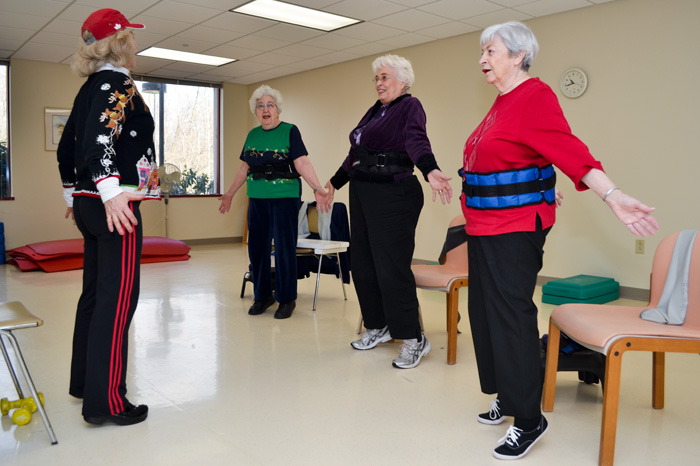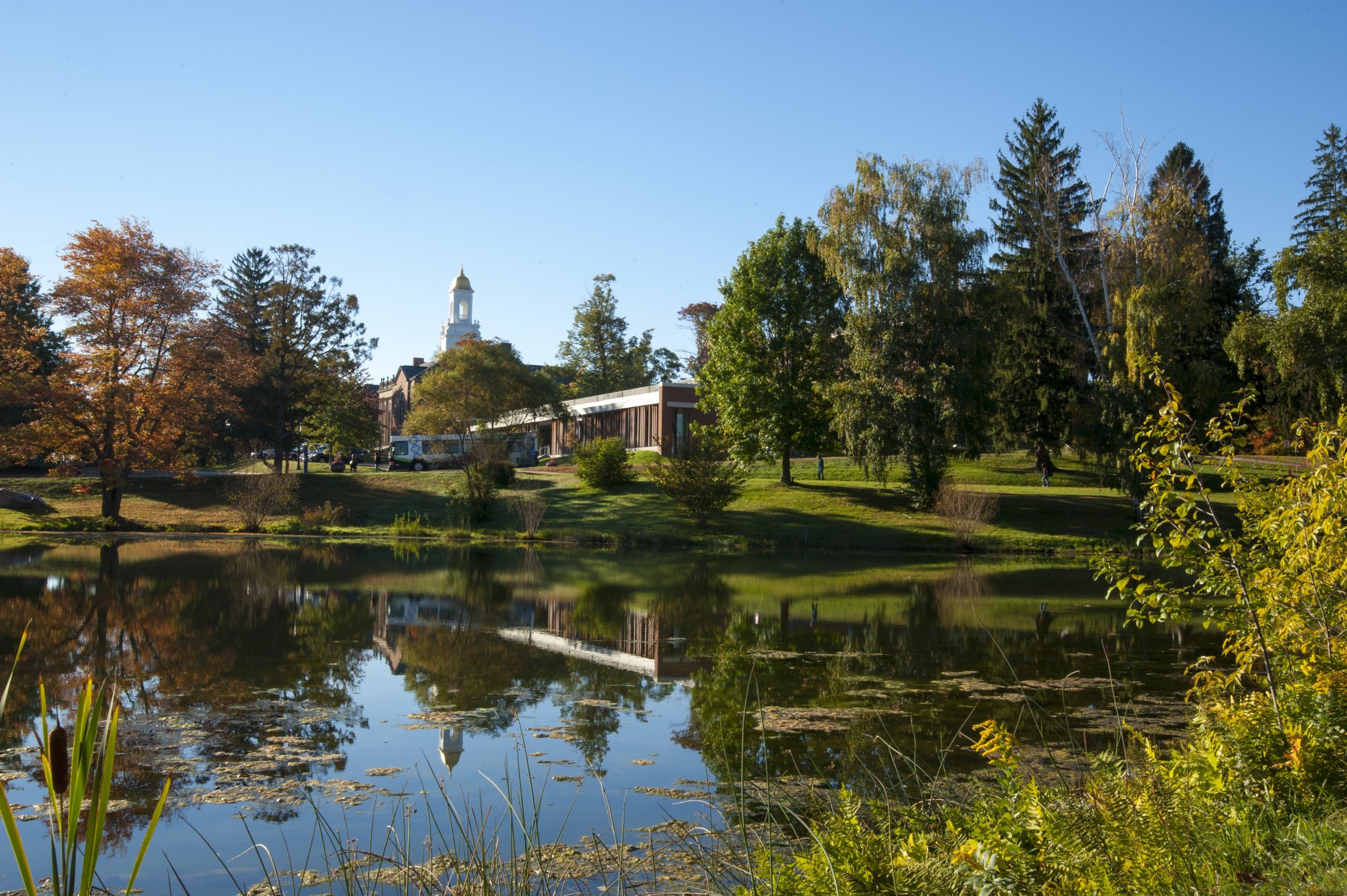[yframe url=’http://www.youtube.com/watch?v=sY_n6y3cY-Q&feature=share&list=PL7E4090EAB78E131E’]

Advances in medicine have enabled a dramatic shift in longevity over the course of human history. It would stand to reason that the longer we live, the more opportunity we have to develop health problems, be it a specific disease or, as the years and miles add up, the diminishing of function.
“We’re looking to help people age better, not by just adding years to life, but by also adding life to years,” says Dr. George Kuchel, director of the UConn Center on Aging. “It’s about increasing health span and function rather than merely focusing on life span and individual diseases.”
Key to that are the data generated from the participation of older individuals in research studies. In addition to its basic research labs and projects conducted at the community level, the Center on Aging is now carrying out that mission in new clinical research space built specifically for that purpose on the ground floor of the Administrative Services Building.
This type of research has been going on for decades, but this new clinical research unit provides an optimal environment for such studies. Research activities that used to be scattered across the Health Center campus now take place in a single location:
- Larger exam rooms that offer easier access for older adults
- Space for physical performance measurements
- A gym area for the Powerful Aging group exercise program
- A second gym with resistance training equipment
- A DEXA machine to measure bone mineral density and body composition
- A Department of Neurology facility, led by Dr. Leslie Wolfson, to study gait and balance
- A blood draw station
- An area for nutritional counseling and food preparation

“The great advantage of the new facilities is that they were really custom designed to meet the needs of older research volunteers,” Kuchel says.
And it comes with the advantage of a single place to park, right outside the front door, in recognition of the need to maximize ease of access for those volunteers.
“Not only are the investigators in the Center on Aging internationally known, but Dr. Kuchel has created an environment that enables clinical researchers from other UConn departments to conduct research in the elderly,” says Dr. David Steffens, who recently joined the UConn Health Center as chair of psychiatry. “The physical space in the Center is easily accessed by older adults, many of whom have mobility problems. I also really appreciate the attention to privacy that is essential for mental health research. The interview rooms are away from the main traffic and ensure confidentiality in a comfortable location. I feel very fortunate to be able to conduct my research in this newly renovated and welcoming space.”
Steffens, who studies late-life depression, says the new research space is one of the factors that drew him to the Health Center.

“All the research that we do focuses on quality of life, function and independence,” Kuchel says. “That includes mobility, falls, the ability to remember, behavioral issues, continence, and other determinants of whether an individual is able to function independently.”
It also includes scientists from beyond the Health Center campus.
“We consider this to be an important resource not only for the Center on Aging and the UConn Health Center, but indeed for investigators located elsewhere at the University of Connecticut, as well as other investigators who are interested in conducting research involving older adults around the greater Hartford region,” Kuchel says. “We provide the appropriate environment, equipment and support staff to be able to perform these kinds of studies.”
Ideally those studies ultimately will lead to new and better interventions to help slow late-life decline and maintain function and independence. Advances in those interventions require validation in human subjects.
“The progress of medicine and health care depends on our ability to do research,” Kuchel says. “Clinical research is an absolutely essential part of this progress.”
More information about the UConn Center on Aging’s clinical research unit is available by calling 860-679-6796 or emailing washington@nso2.uchc.edu.
Follow the UConn Health Center on Facebook, Twitter and YouTube.



